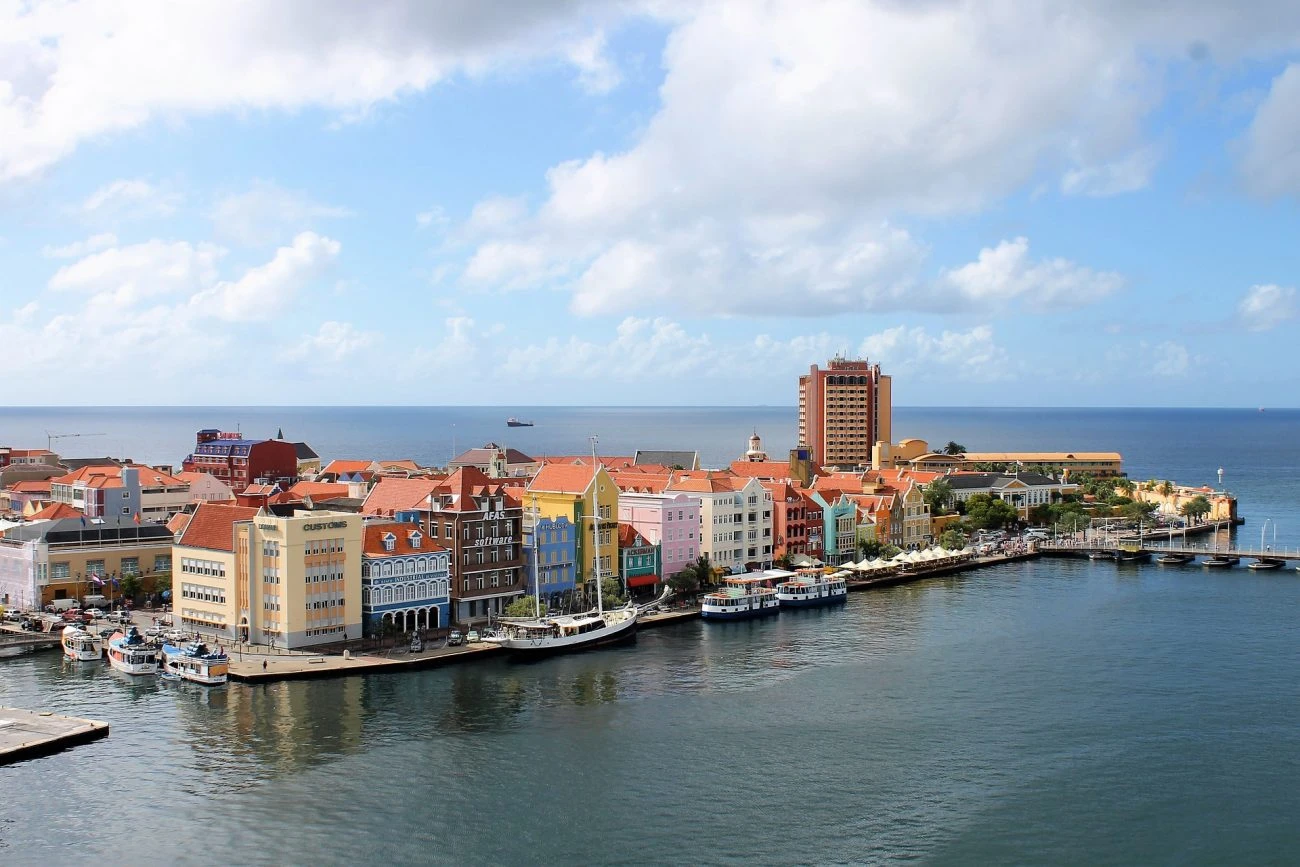Curaçao gambling regulator refutes licensing reform corruption allegations

The claims GCB refers to were made by local politician Luigi Faneyte, who is a member of the opposition Real Alternative Party. Fanayte filed a report with the attorney general’s office on 25 November claiming that gambling licenses have been issued without legal basis, which has led to financial losses.
In July 2022 the jurisdiction announced a new regulatory framework for its gambling licensing system, dubbed the National Ordinance for Games of Chance (LOK).
The process was targeted for completion in Q4 of this year but, in July, GCB managing director Cedric Pietersz told iGB the regulator was facing setbacks due to a huge influx of licensing submissions. As of September 2023, all licensed operators were required to re-apply under the new regime.
In a statement released today (29 November), the GCB has sought to clear up a number of Faneyte’s allegations, which accuse Curaçao’s finance minister Javier Silvania of corrupting the licensing process.
GCB oversees all licensing efforts
One such claim was Silviana had issued licenses without a legal basis, but the GCB has confirmed that the licensing process is managed entirely by them, with support from its team of advisors.
Licensing falls entirely under the GCB’s jurisdiction as mandated by the ministry of finance in December 2019.
“The GCB has the authority to grant, amend, suspend temporarily, revoke, or deny licenses, as well as attach terms and conditions to licenses. The allegation that the GCB lacks the legal authority to grant licence is therefore incorrect,” it said.
On its “comprehensive licensing process”, GCB said all licence applicants undergo strict checks and due diligence including sanction screening, reviews of the business plan and an initial evaluation of its websites.
GCB also refuted claims that money is being laundered via the licensing process as operators are required to pay their fees directly into an official government bank account and not via the online gaming portal.
“There is no scope for mismanagement. The assertion that funds may have been embezzled is therefore not correct. Once the payment has been received, the licence will be granted by the GCB,” the statement said.
GCB to establish a dispute resolution programme
The regulator also sought to address various points highlighted in recent media coverage of Curaçao-licensed BC Game’s bankruptcy ruling. The ruling was handed down by Curaçao’s Court of First Instance in November as part of a case filed by player advocacy network the Foundation for the Representation of Victims of Online Gaming (SBGOK).
BC Game failed to pay out to a number of players who filed various complaints against it. The GCB has confirmed player complaints are the responsibility of operators.
However, under the new LOK licensing system, Alternative Dispute Resolution (ADR) will be made mandatory to ensure more independent evaluations, it said. ADR combines numerous methods for resolving legal disputes outside of court, including mediation, arbitration and negotiation.
Complaints received from players and future reports from ADR entities will be used as inputs in the GCB’s risk-based supervision process.
GCB said it would not comment on specific details of the BC Game case, but it did confirm that the bankruptcy ruling is administrative and not due to insolvency.
“A trustee has been appointed to handle the estate and ensure payments to players. The GCB is consulting with the regulated entity involved to determine appropriate regulatory measures,” it noted.
Numerous Curaçao-licensed operators have faced fines in Europe in recent months for operating within markets where they do not hold a local licence. One example is BG Game, which was handed an €840,000 fine in the Netherlands in October.
On this, the board said it does not have the jurisdiction to intervene in alleged breaches of foreign regulations.
“In this context, the GCB relies on formal decisions issued by competent foreign authorities. Enforcement actions taken by the GCB depend on factors such as the severity of the violation,” it concluded.
